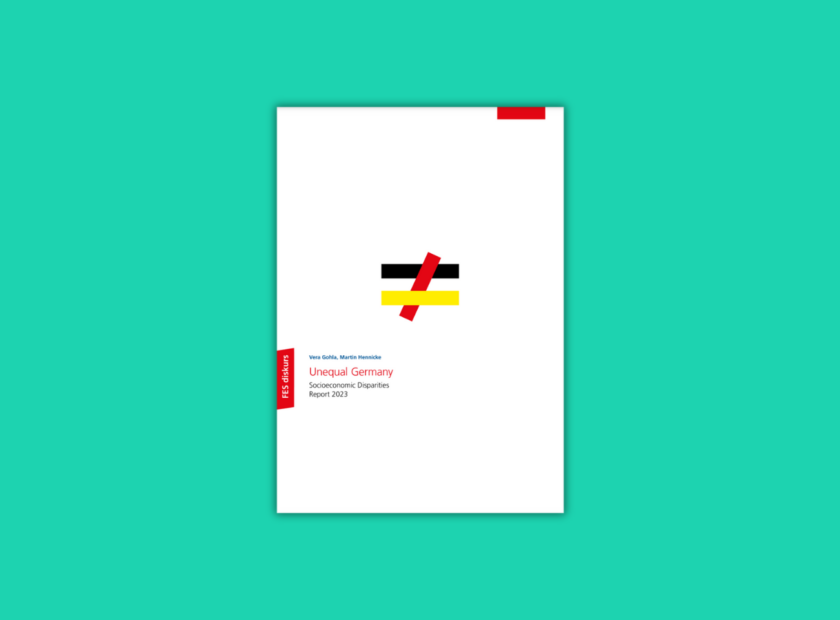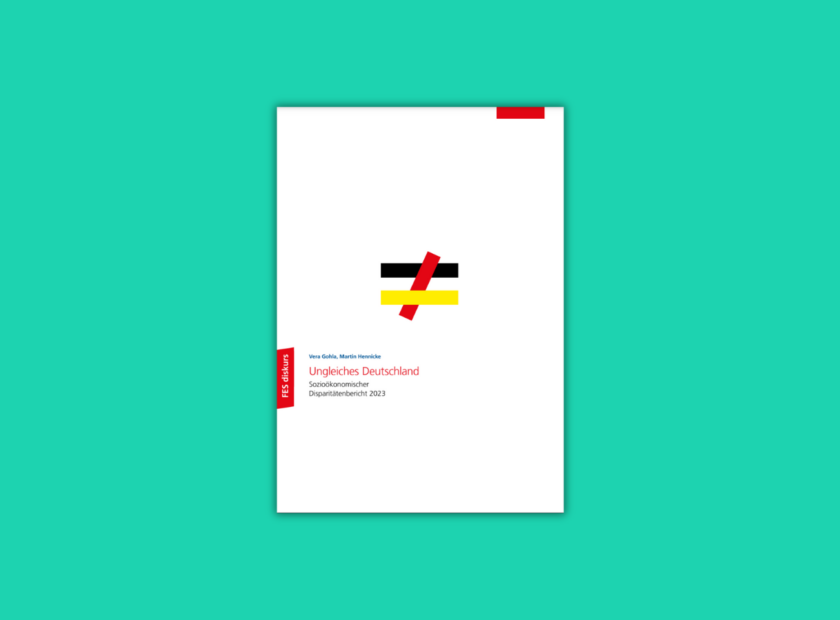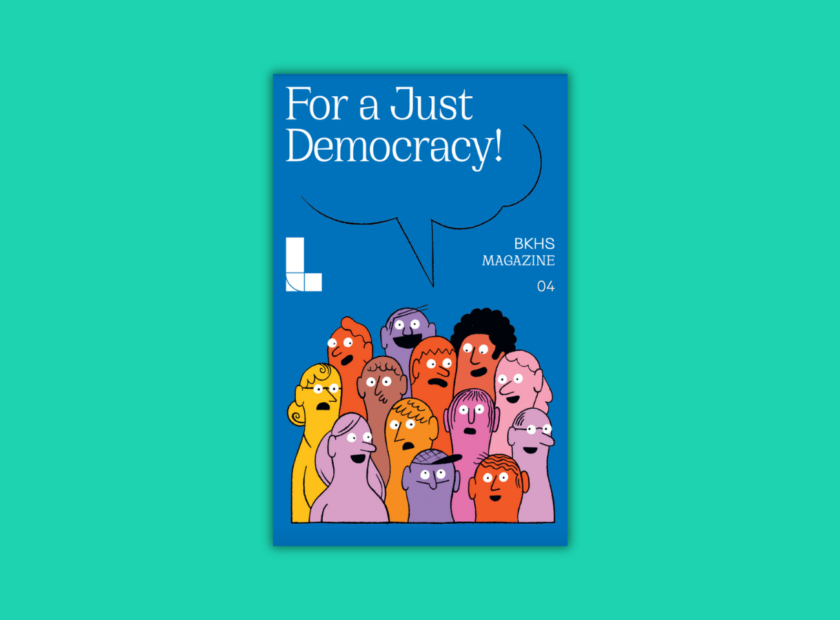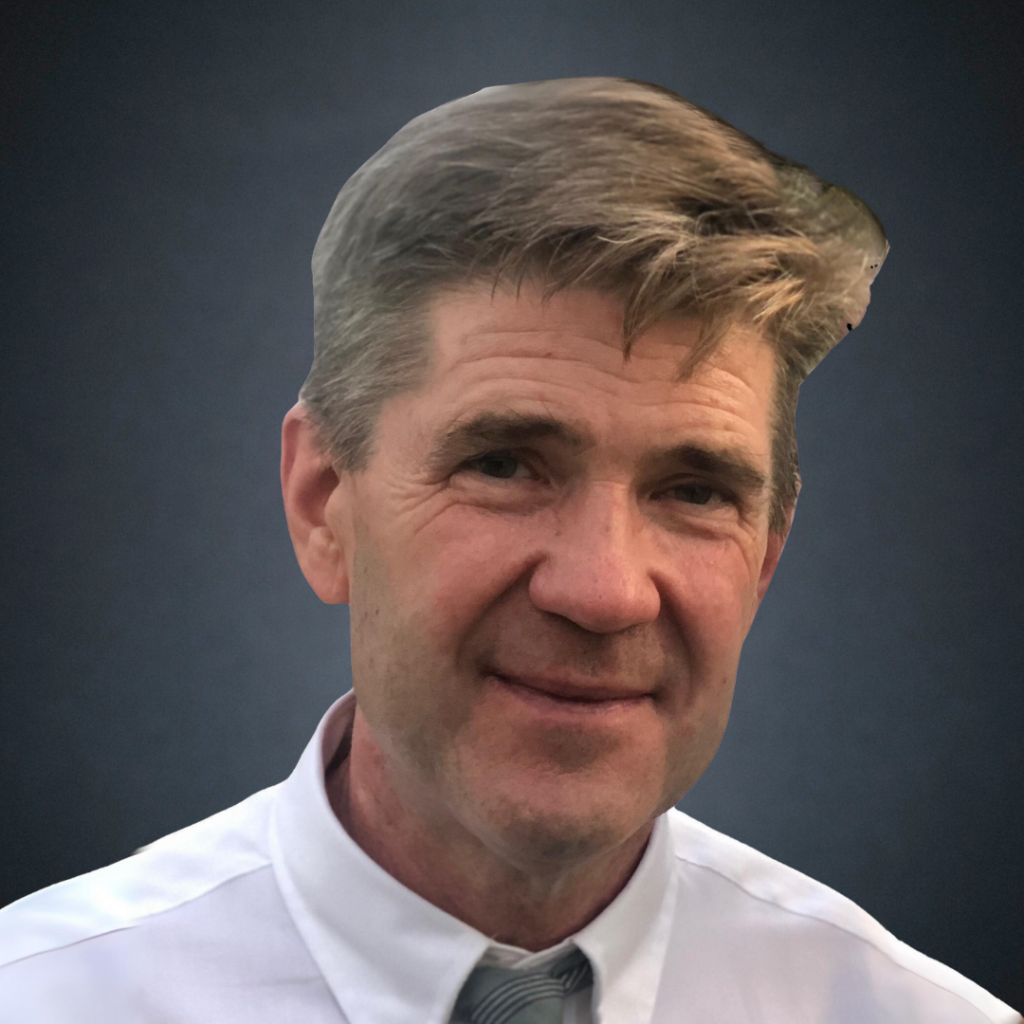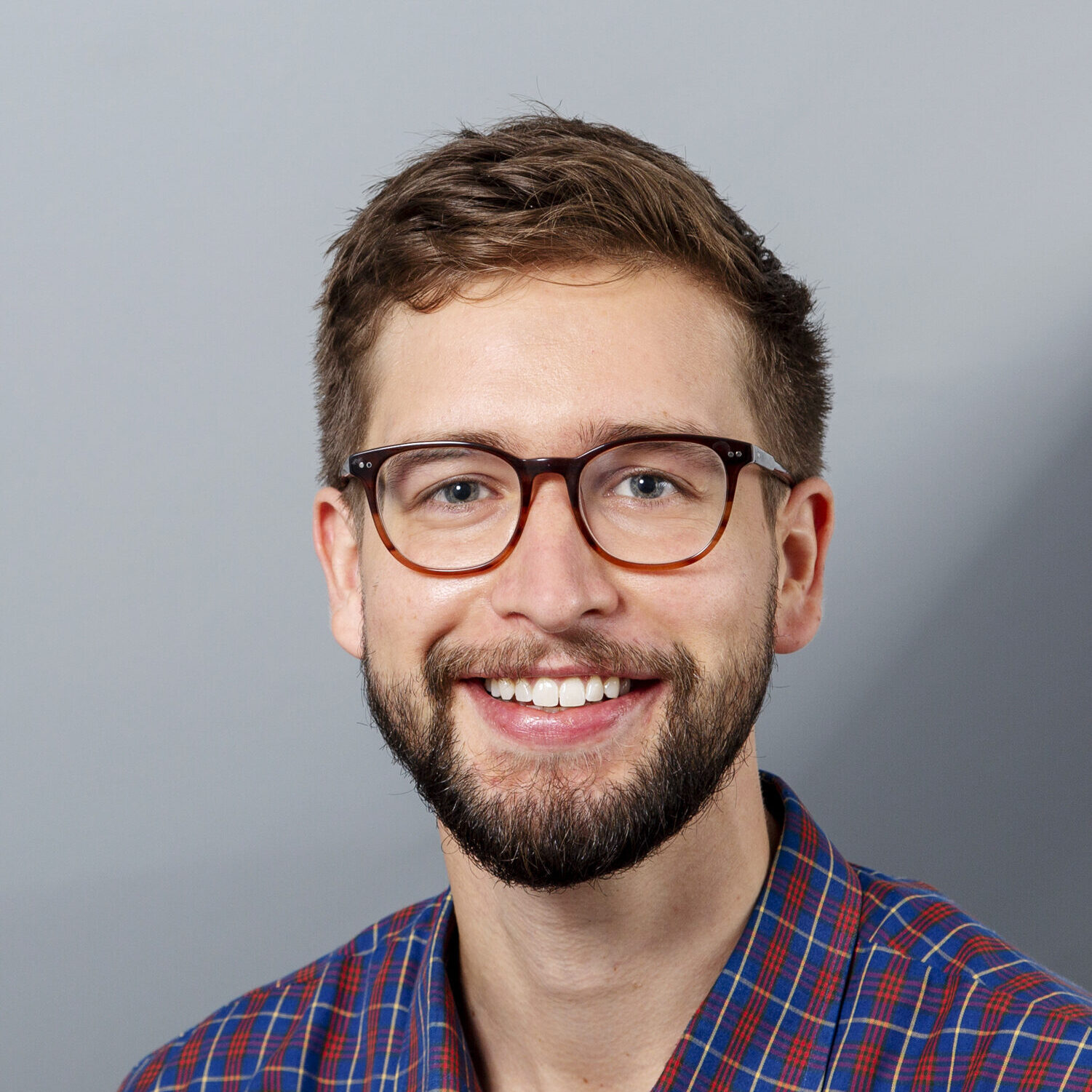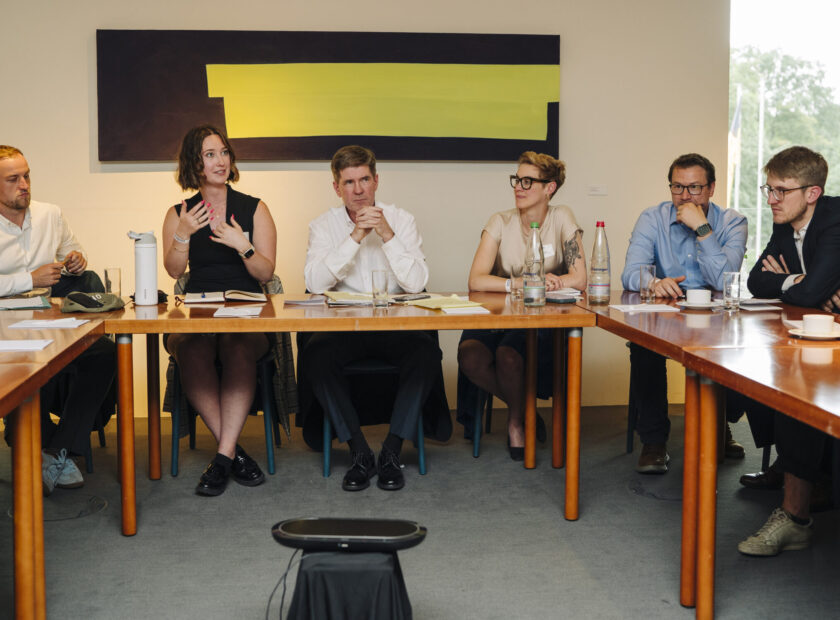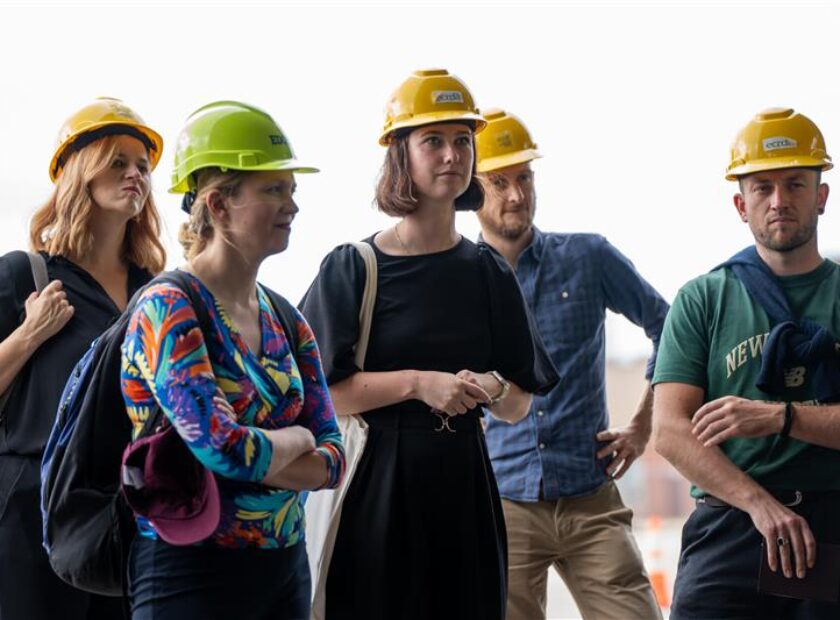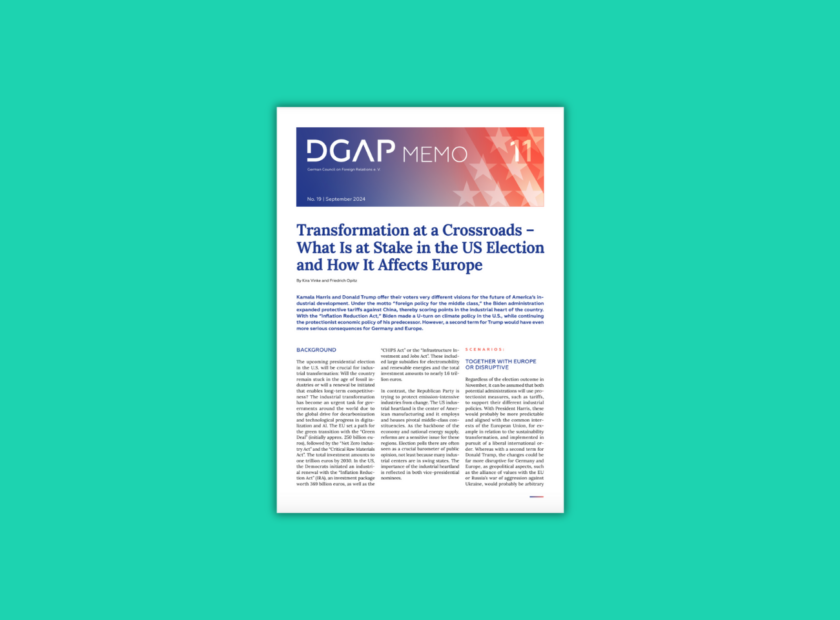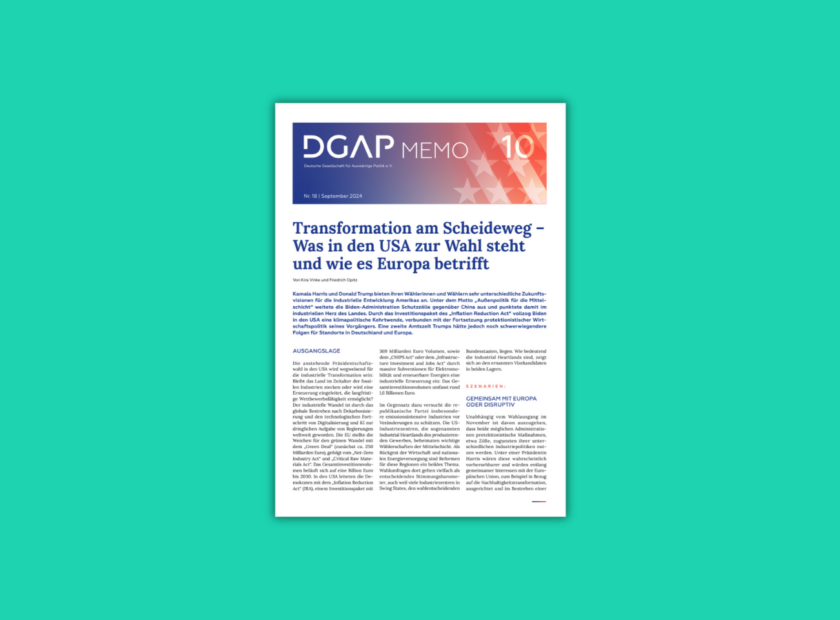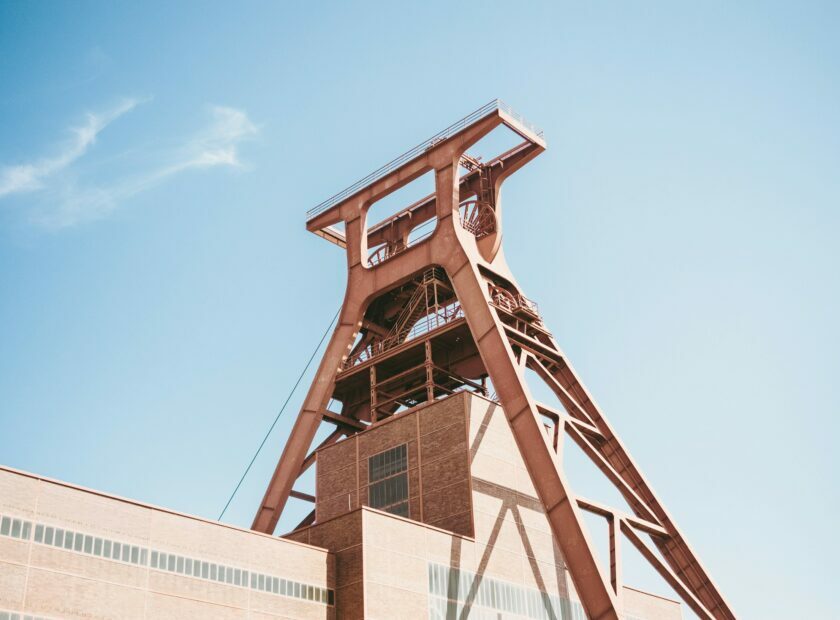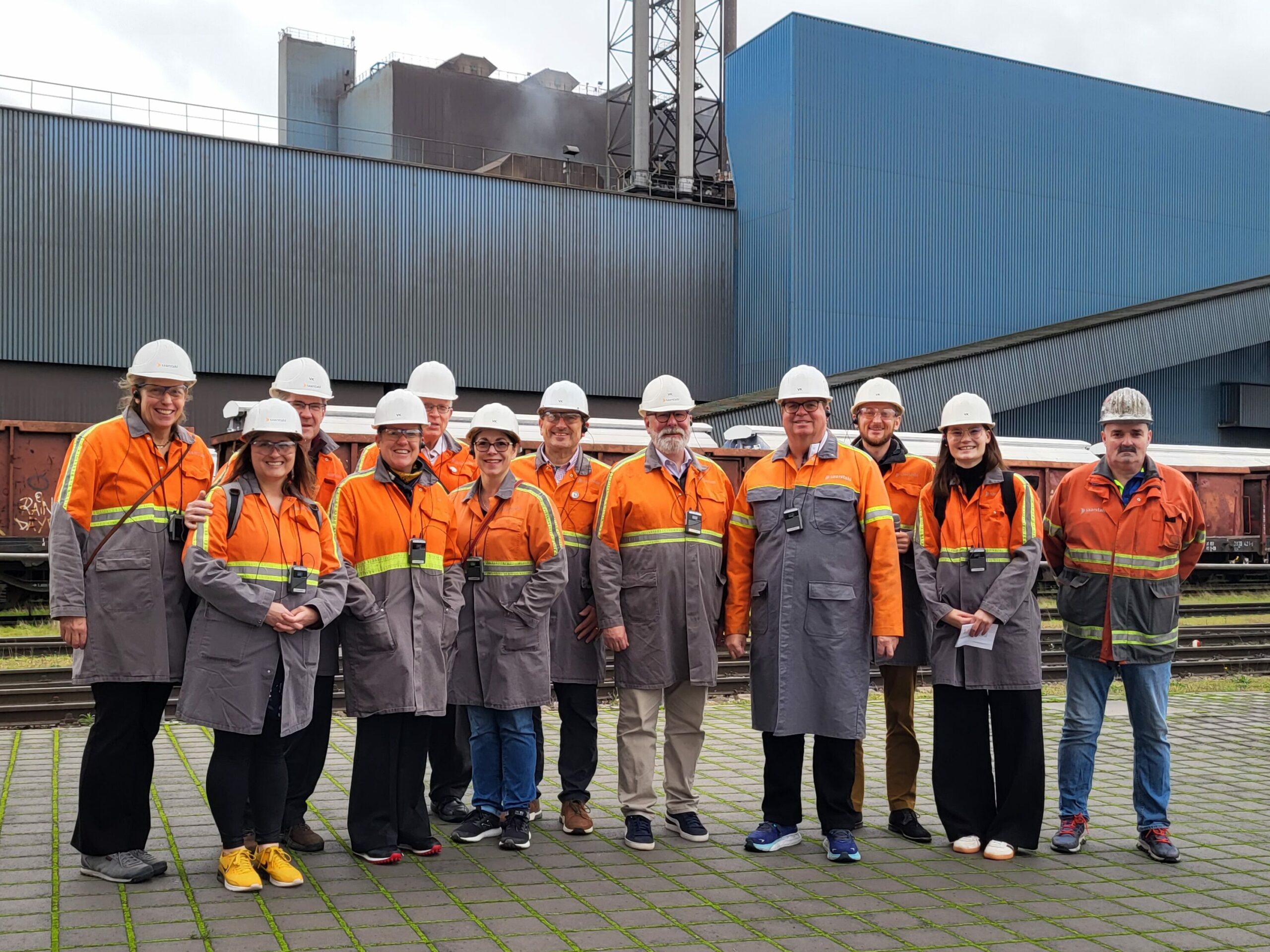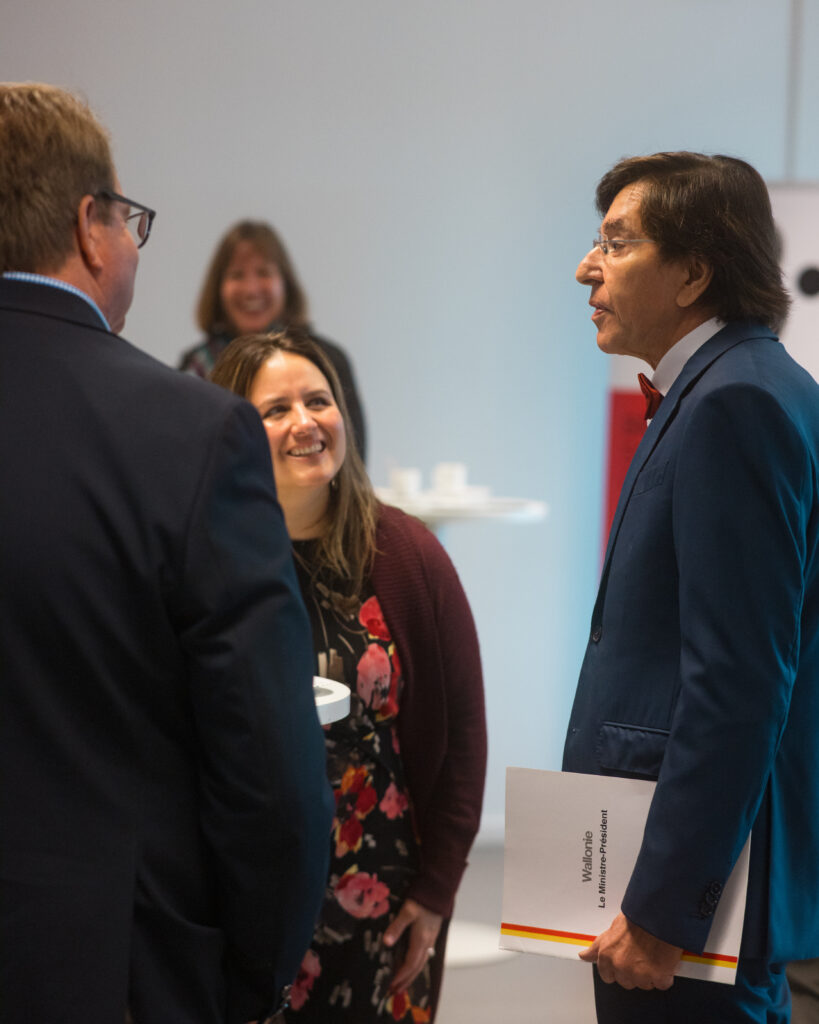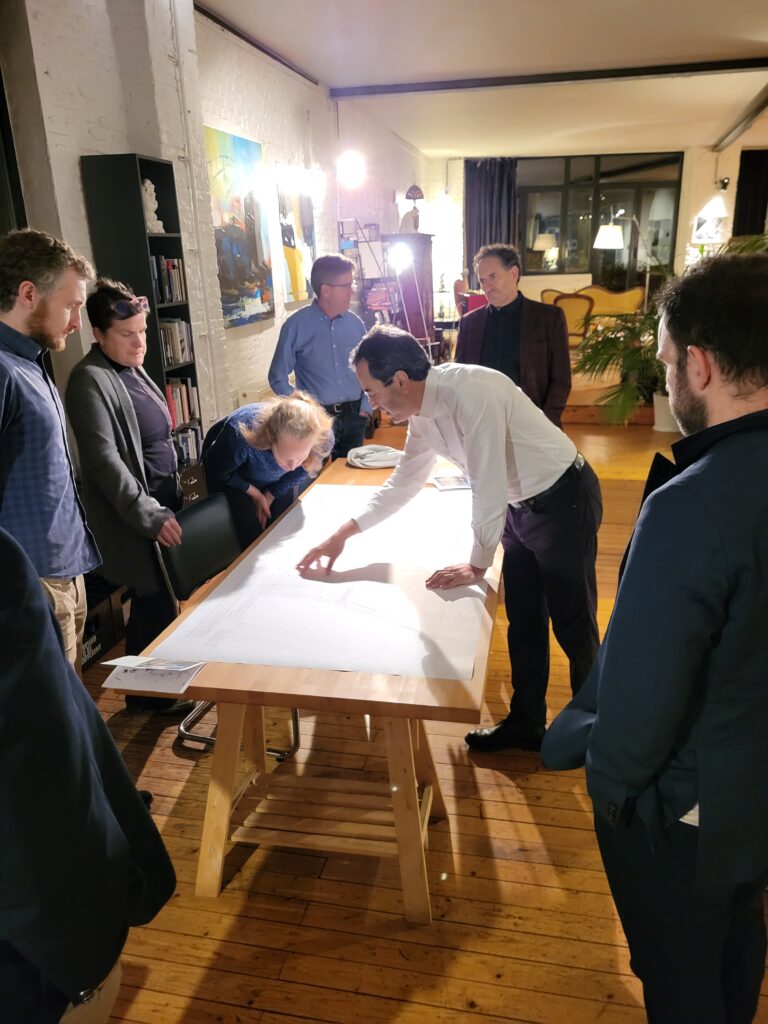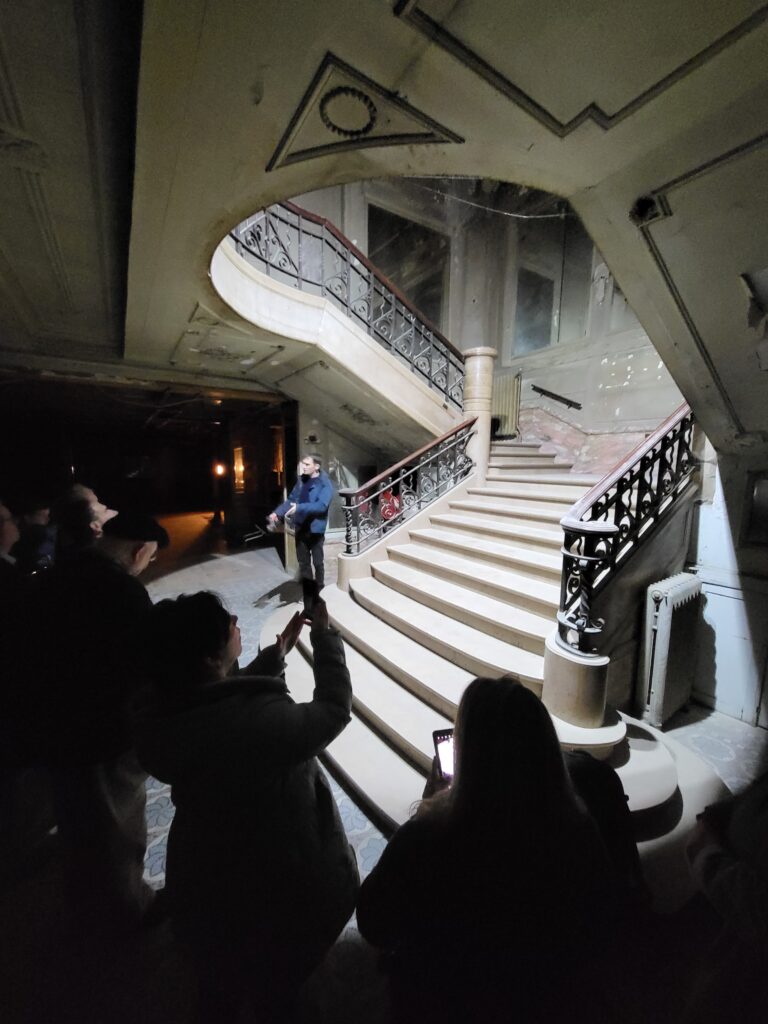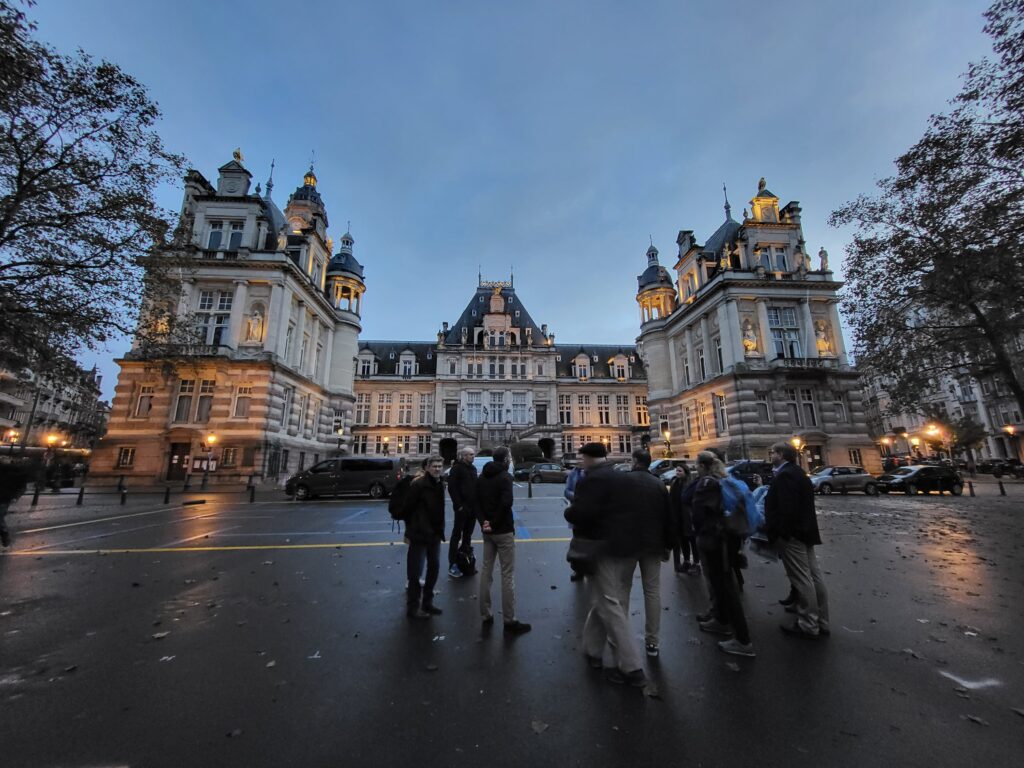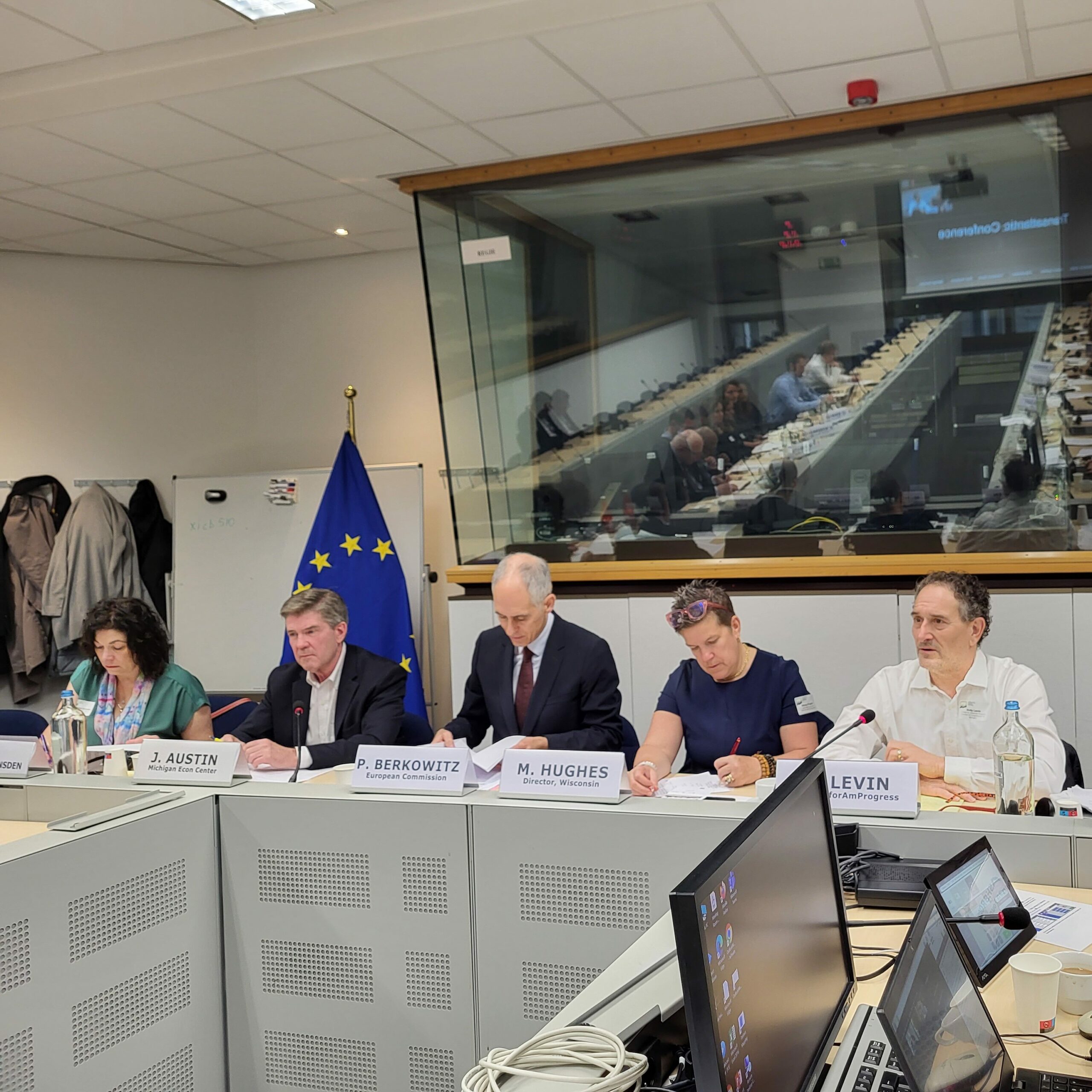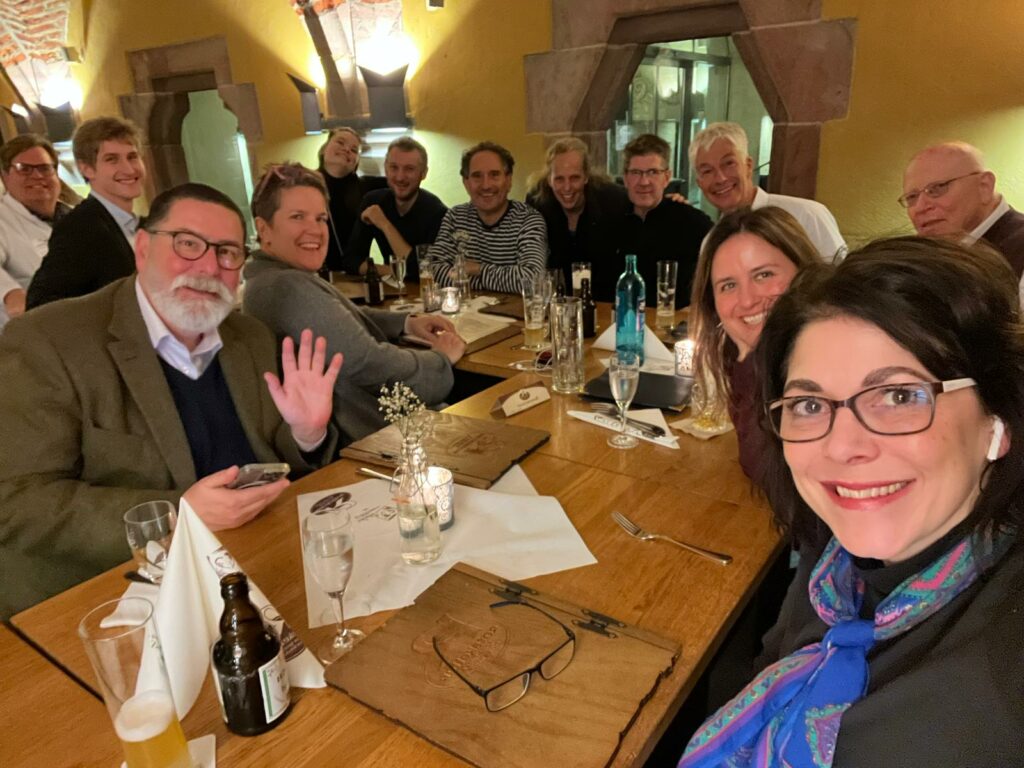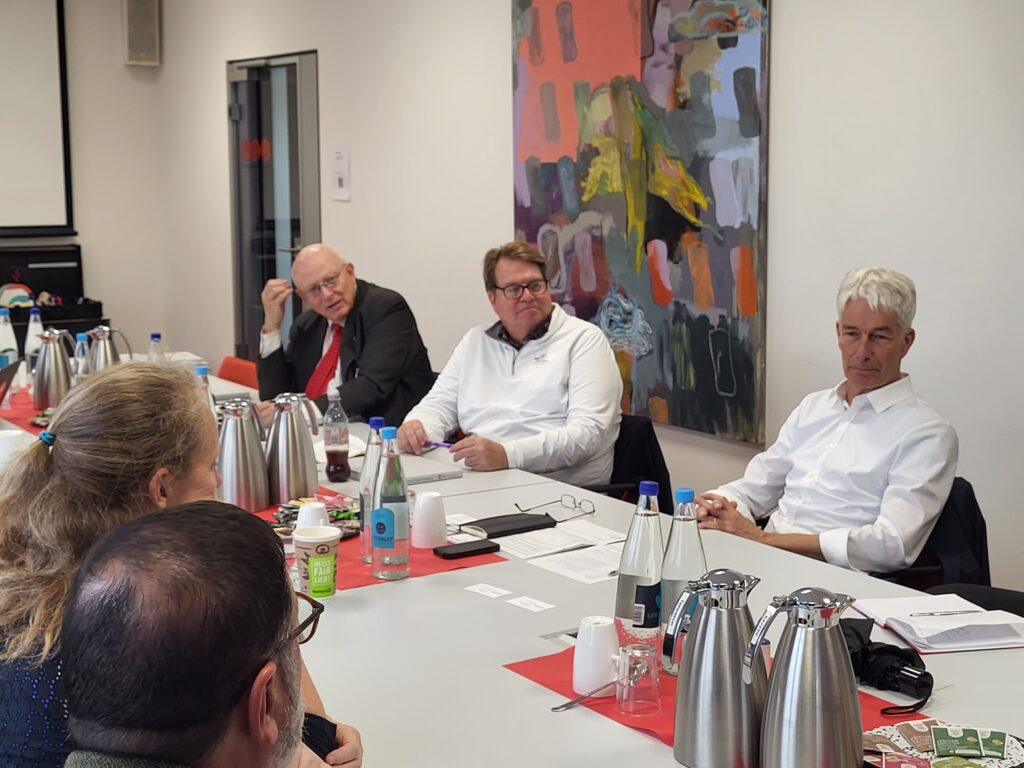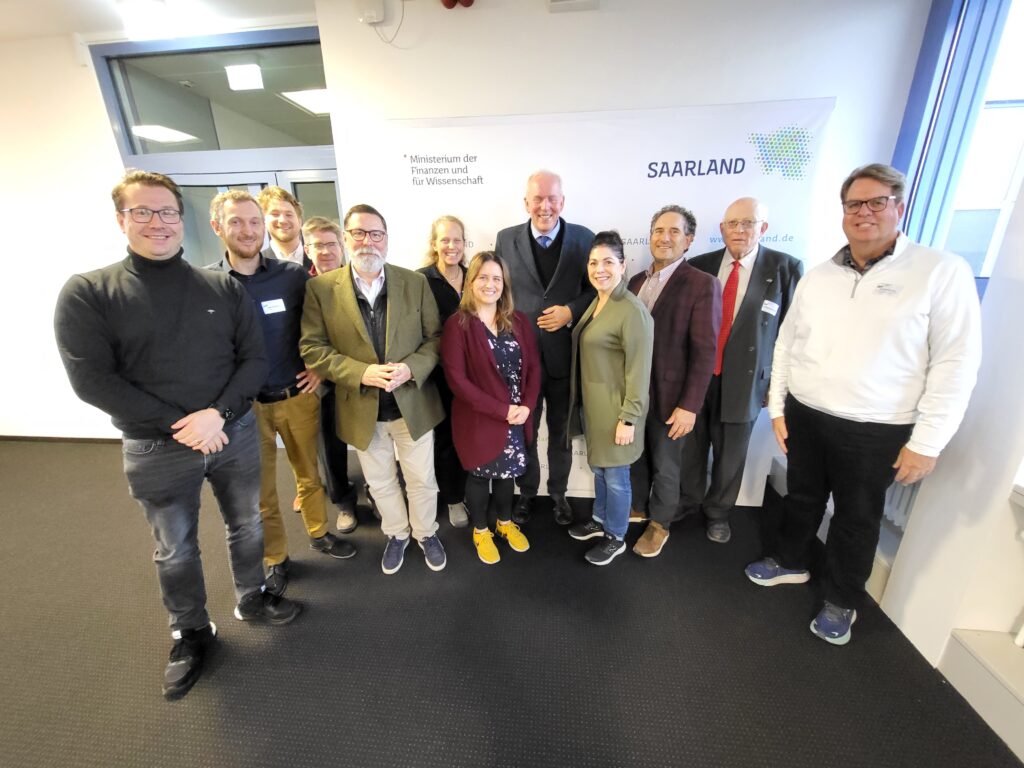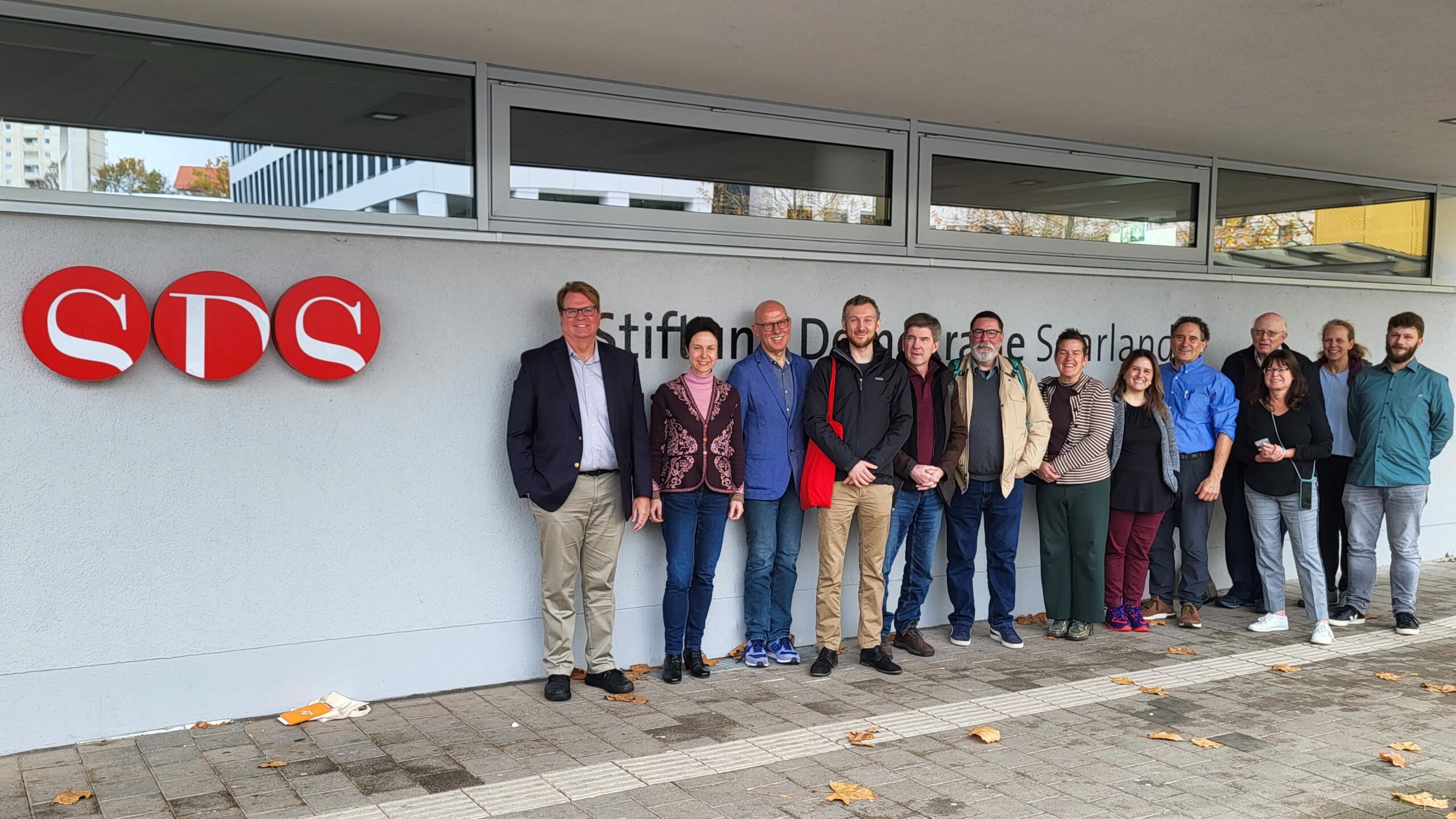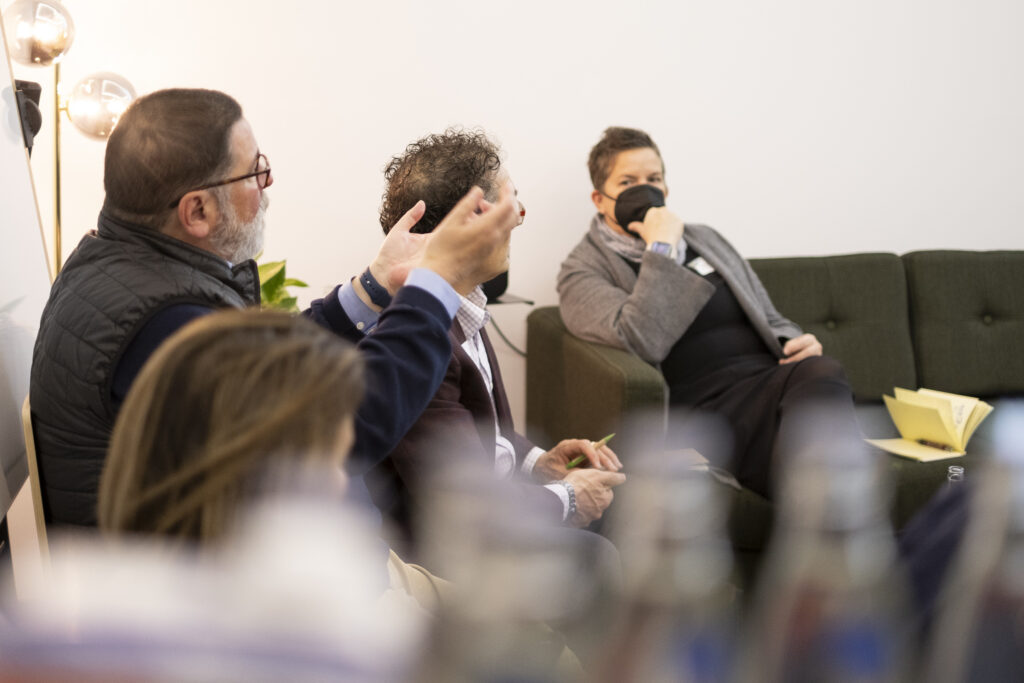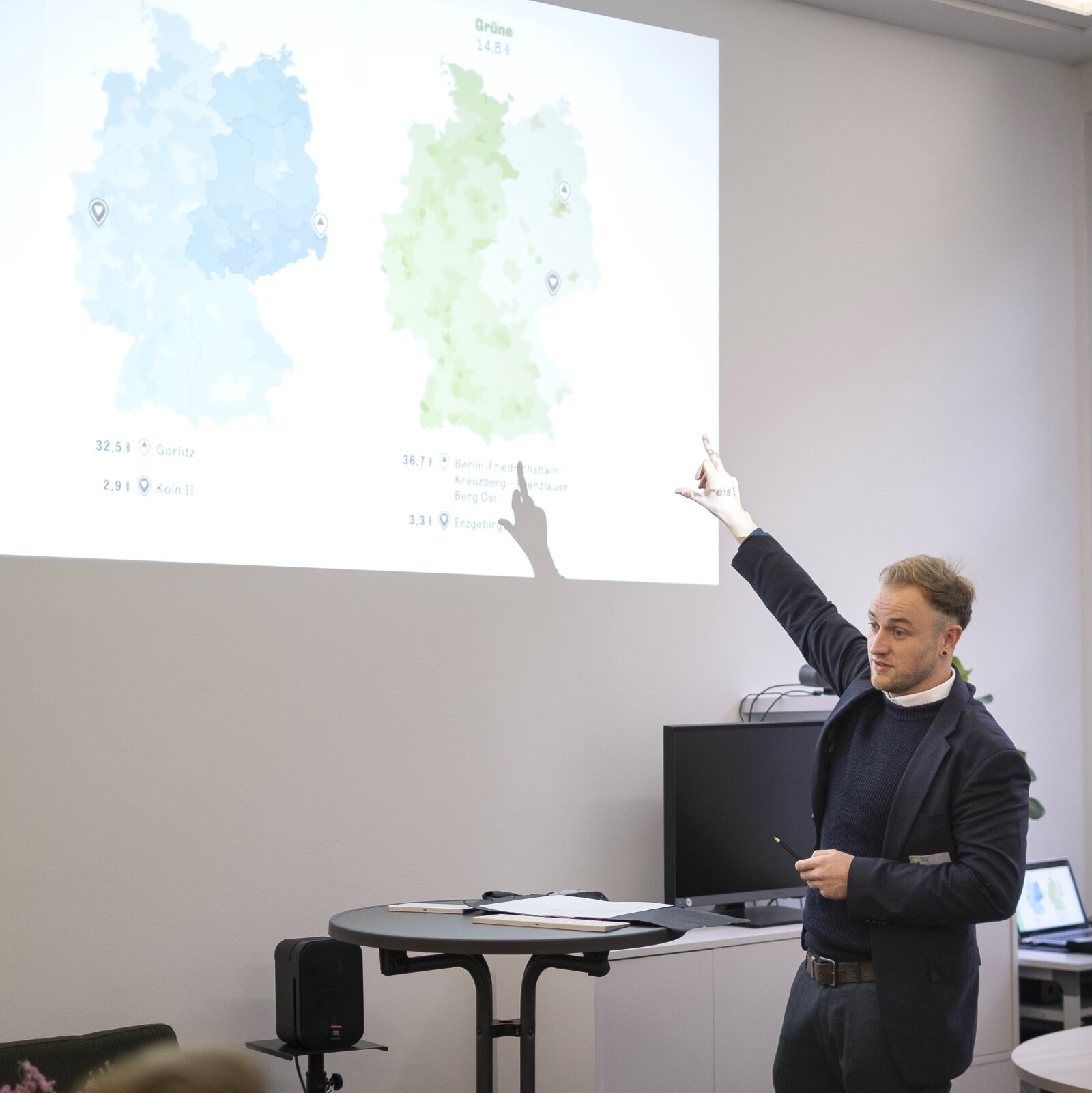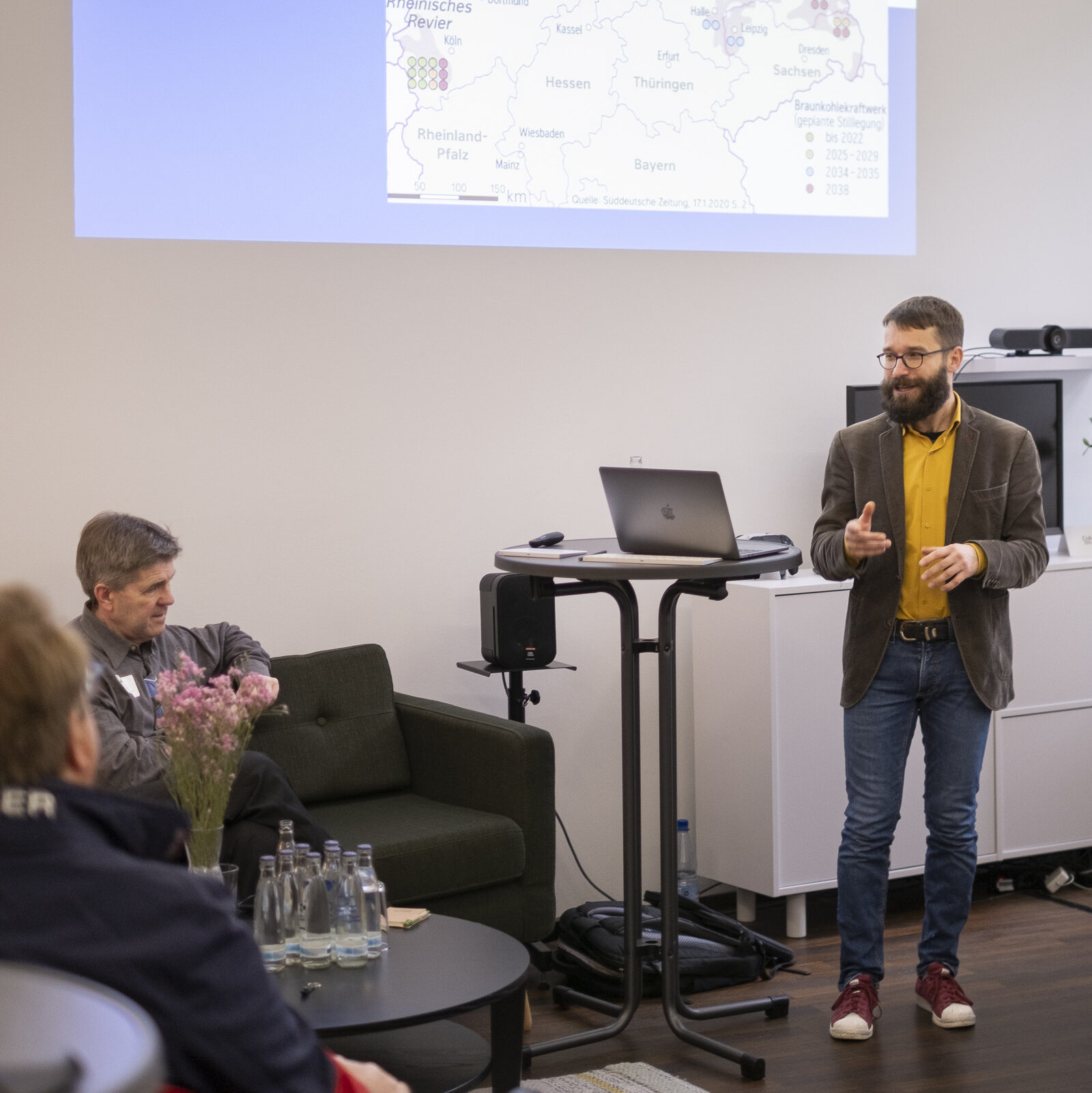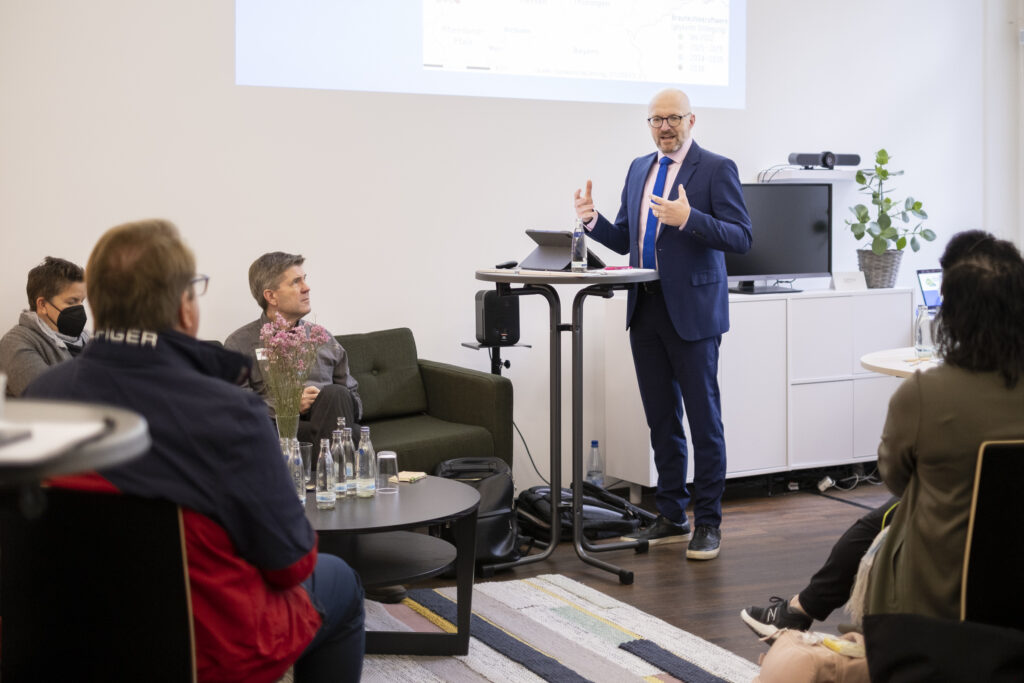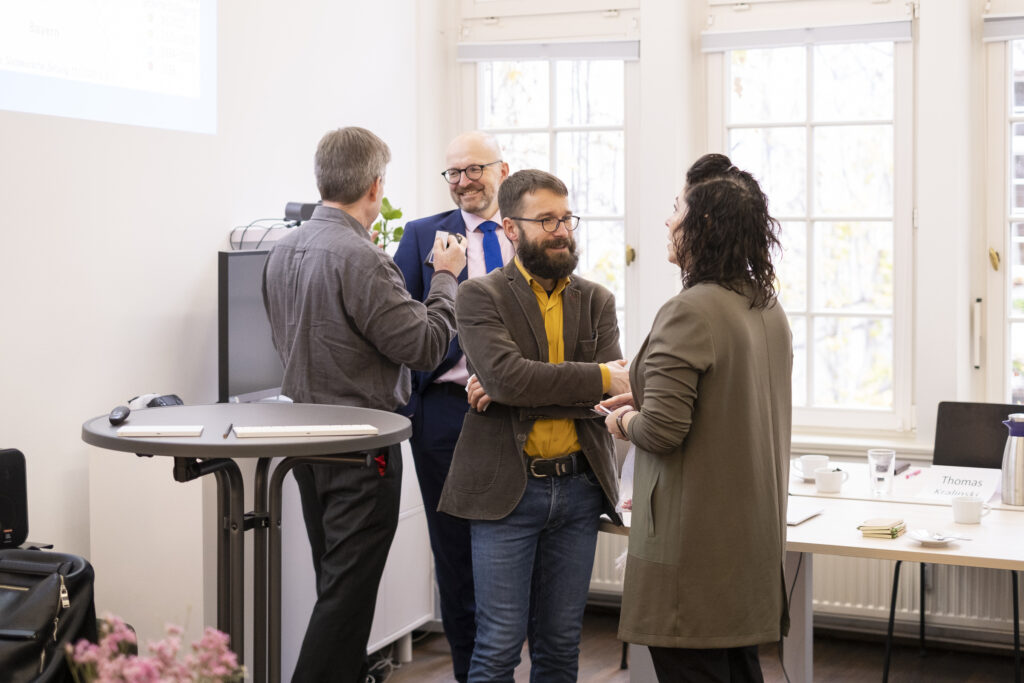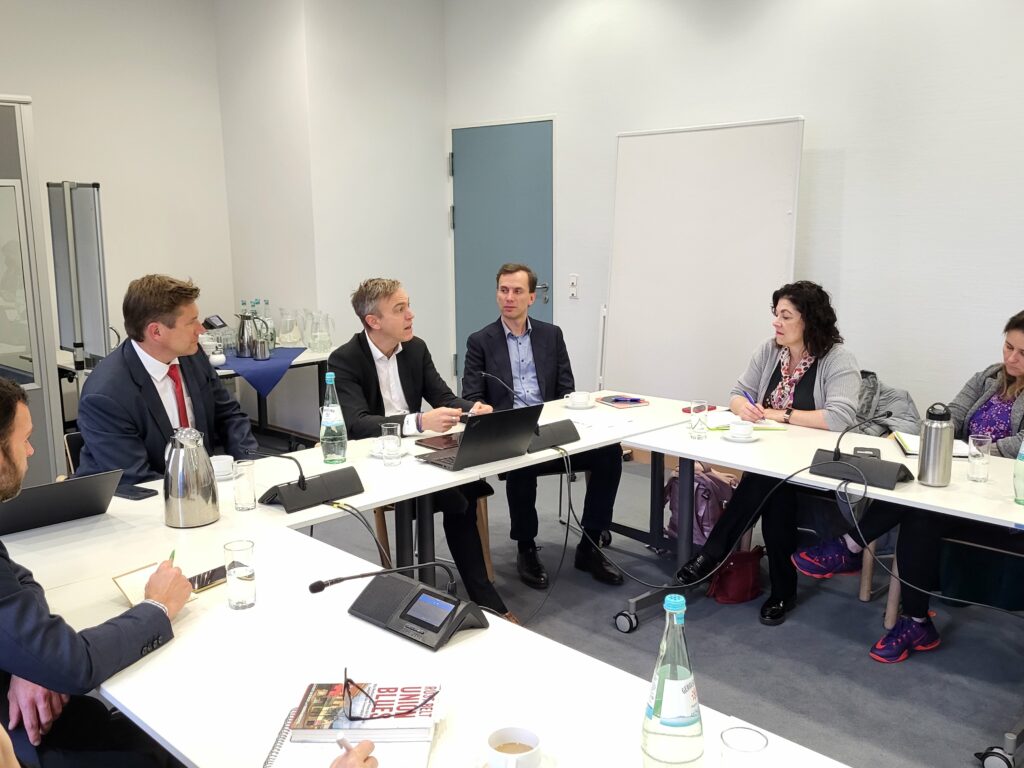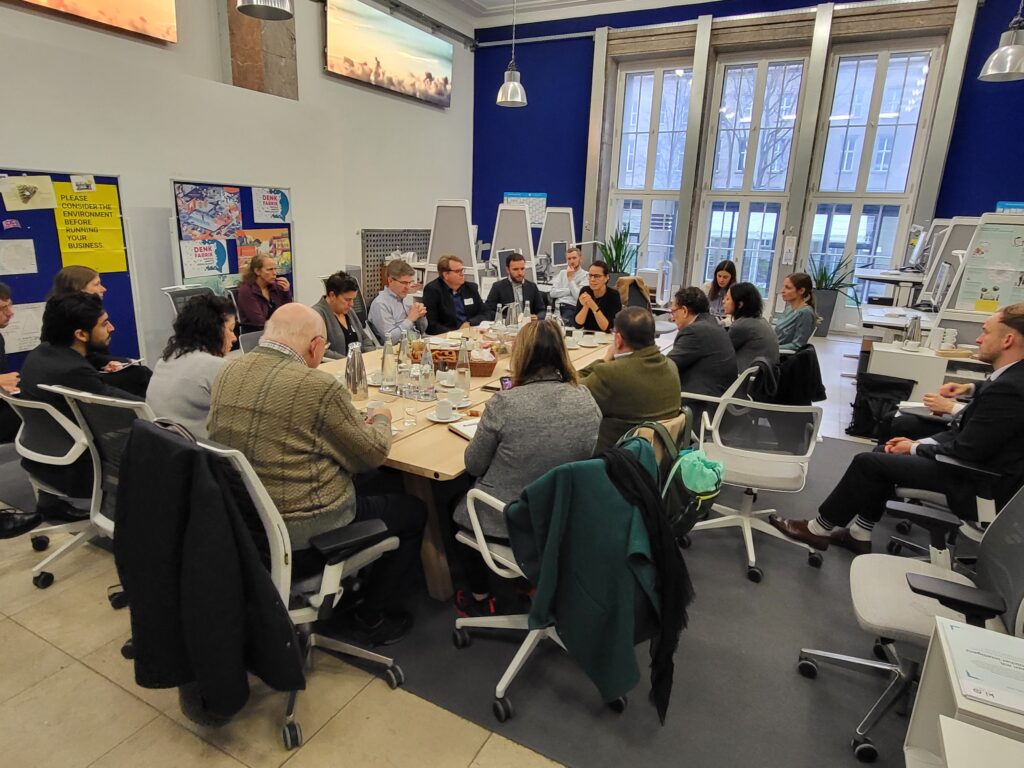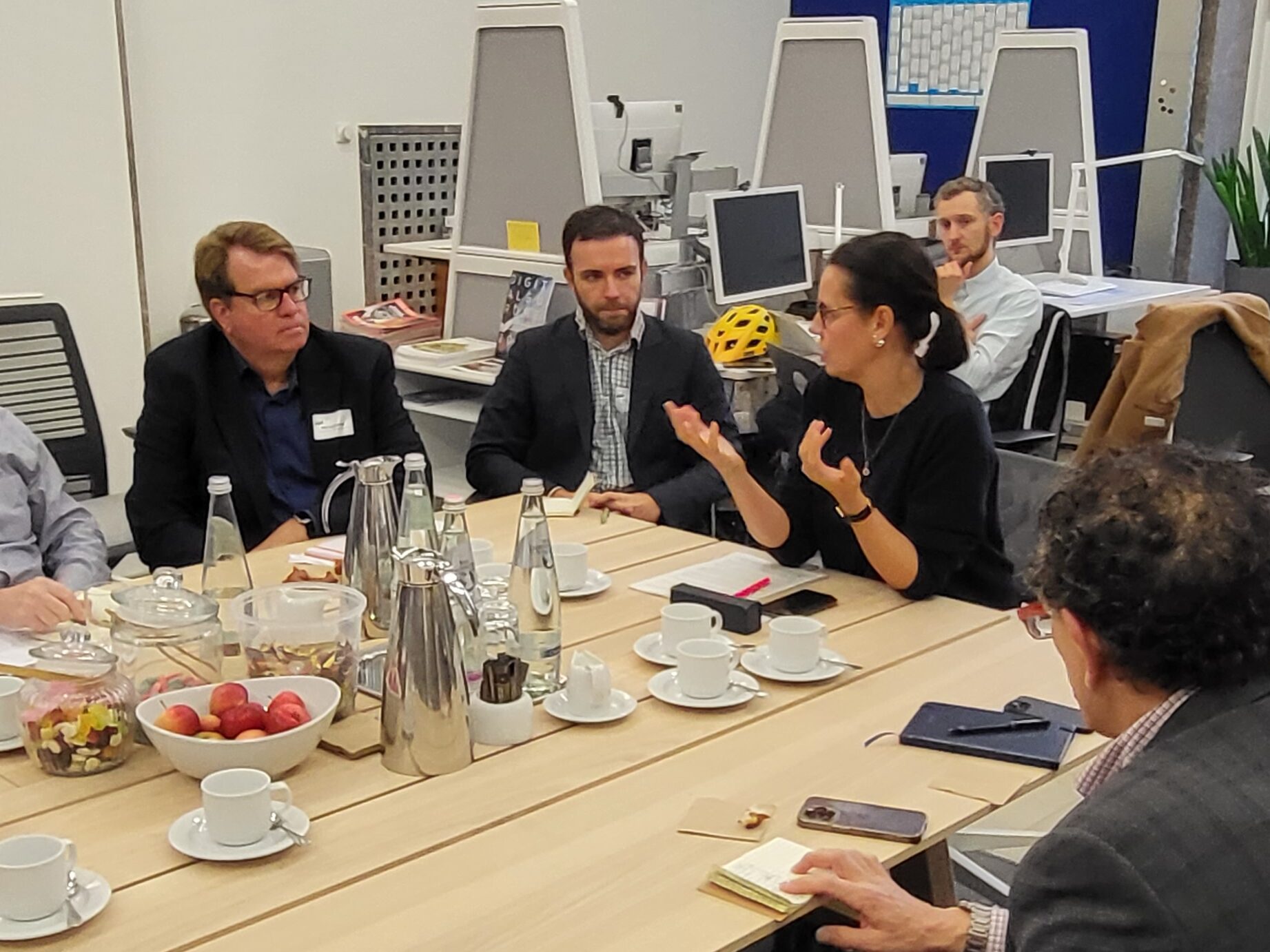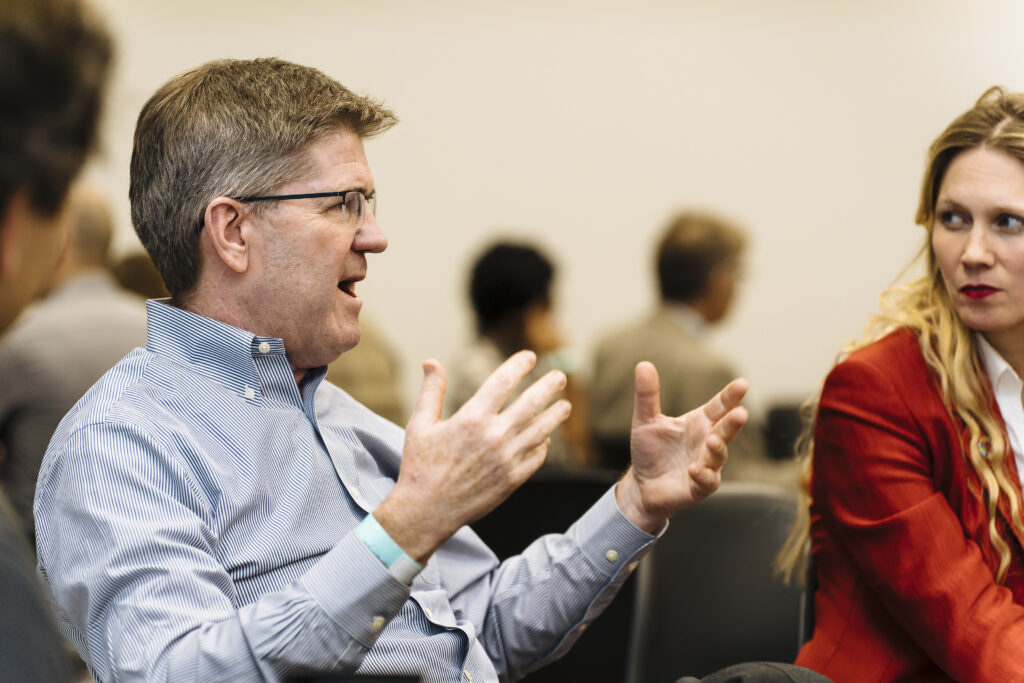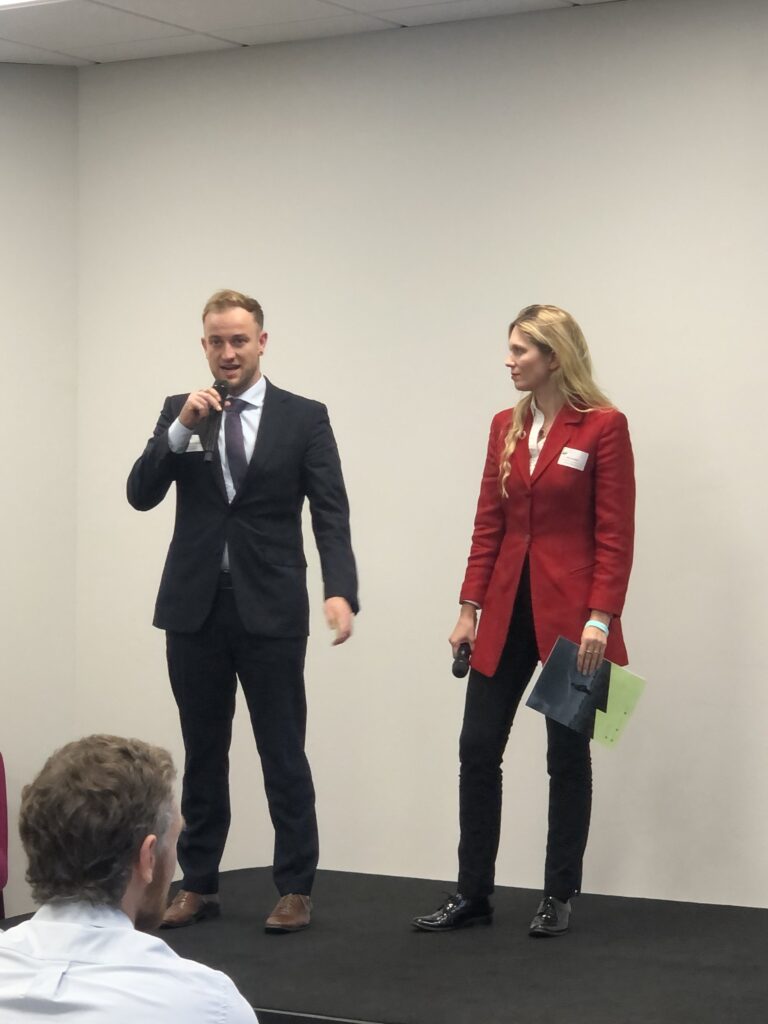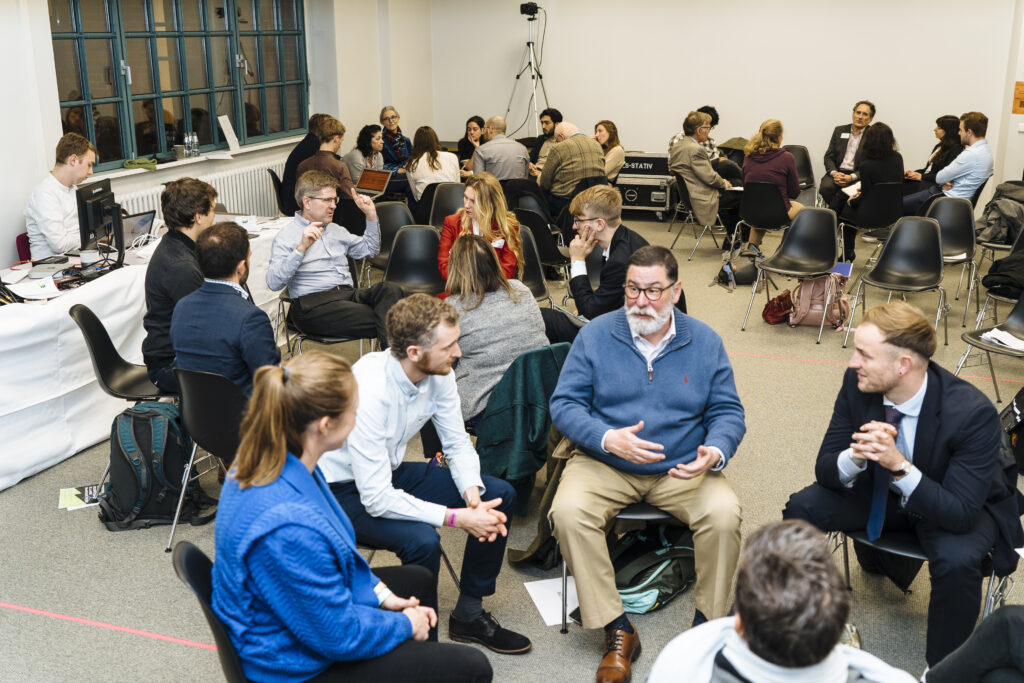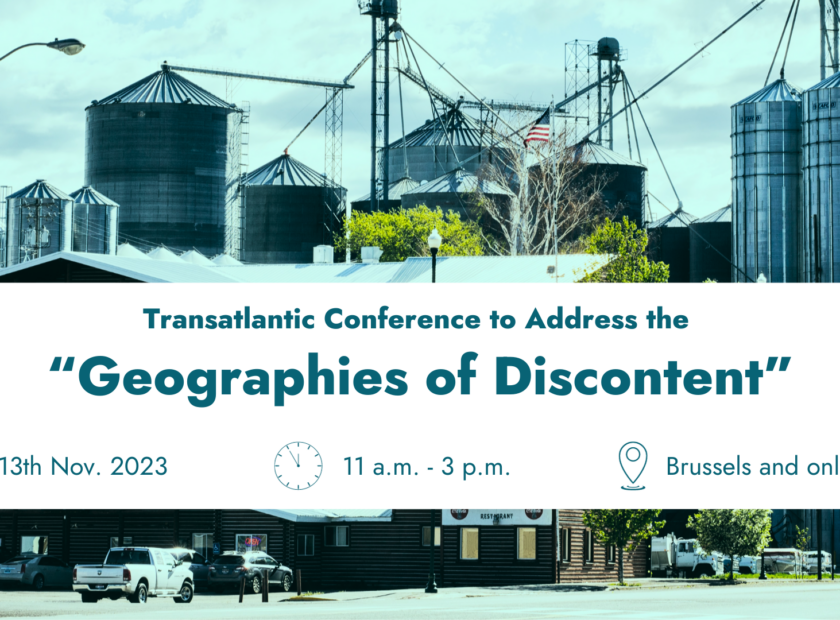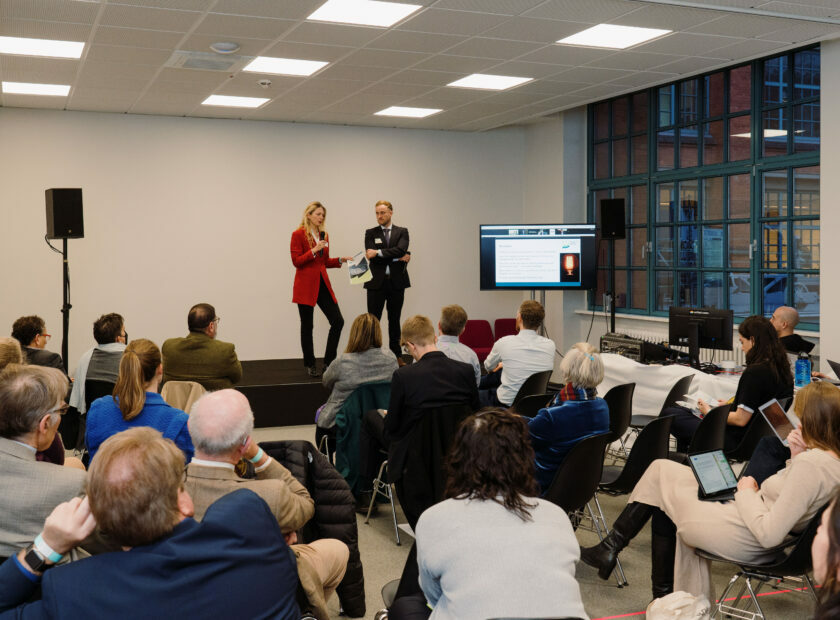A Tale of Two Futures – US Industrial Heartlands Fellow Study Tour Fall 2024
A Tale of Two Futures – US Industrial Heartlands Fellow Study Tour Fall 2024
Industrial Heartlands Revisited: Building Hope, Jobs, and Trust in the US Midwest
Four weeks before the 2024 US presidential election, our team travelled across Pennsylvania, Ohio, and Michigan to revisit the heart of American industry. With the fellows of our Industrial Heartlands project, we explored how communities are navigating the long road from deindustrialisation to renewal — and what these transitions tell us about politics, identity, and the promises of economic justice.
From Pittsburgh’s high-tech revival to Youngstown’s grassroots urban renewal and the entrepreneurial push in Erie, we encountered impressive local efforts – but also deep-seated wounds, unresolved tensions, and the sobering weight of generational loss.
Investing in the Future — But Not Forgetting the Past
In cities like Pittsburgh, transformation is visible. Once a steel-producing giant with suffocating air, it now thrives as a regional high-tech hub, driven by universities, innovation in robotics and medical science, and capital from its industrial past. This success didn’t happen by accident — it’s the product of decades of intentional policy, strategic partnerships, and the refusal to cling to nostalgia.
Yet the scars of deindustrialisation run deep. Psychiatrist Kenneth S. Thompson, a Pittsburgh native, underscored the psychological legacy of economic collapse — “unspoken shame, articulated anger,” and the need for societal acknowledgment. For many in the region, healing begins not just with new jobs, but with the recognition of old sacrifices.
This duality — optimism about the future, pain from the past — is echoed across the region.
Reviving Downtowns — But What About the Neighbourhoods?
Erie’s Downtown Development Corporation (EDDC) has breathed new life into the city centre since 2017, opening lofts, food halls, gyms and the first downtown grocery store in decades. Youngstown, too, has seen its core revitalised, thanks in part to sustained federal investment and institutions like America Makes and the Youngstown Business Incubator (YBI).
But outside the city centres, the story is different. Neighbourhoods are struggling. Streets are dotted with vacant homes, and the exodus of talent continues. The Youngstown Neighborhood Development Corporation (YNDC) is trying to reverse this — street by street, tree by tree, house by house. It’s grassroots, patient, and profoundly local.
“Our work is about stabilising,” one YNDC staff member told us. “We’re putting neighbourhoods back together.”
They’re not alone. In Erie, initiatives like Erie’s Black Wall Street tackle economic exclusion head-on. Founded to build community among Black residents, the organisation now educates on home ownership, entrepreneurship, and financial literacy — filling a gap long left by unfulfilled institutional promises.
The figures are stark: Erie’s white households earn nearly twice as much as Black households. Redlining practices continue to separate the East Side from opportunity. “How can you benefit from something you don’t even know exists?” one local advocate asked. Trust, they said, must be rebuilt — not with empty promises, but with consistent, visible action.
The Economy Is Central — Climate Comes in Later
Across nearly all conversations, one theme dominated: economic survival. Job security, decent wages, and future prospects take precedence. Climate protection? It’s welcome — but only if it translates into employment and lower costs.
In Youngstown, union leaders and incubator heads stressed the need for “sticky jobs” — roles that don’t just arrive with ribbon-cutting ceremonies, but stay, pay well, and allow people to build a life. The Building Trades Union noted that after the 2008 crisis, unemployment in the trades hit 30–35%. “People lost their homes, families, some even their lives,” one representative recalled. They are now focused on diversifying work — building hospitals, schools, even carbon capture infrastructure.
Environmental policies were often met with justified skepticism. Can federal green funding really reach these communities? Will solar and energy-efficient housing be affordable? Or will climate migration simply push prices up without improving lives?
In places like Erie’s Black Wall Street and YNDC, sustainability is slowly entering the conversation — from solar panel incentives in new builds to rethinking land use through local land banks. But the green transformation is only beginning to intersect with these communities’ daily realities.
Education, Equity, and Opportunity
Higher education institutions are evolving too. At Penn State Behrend, students work directly on industrial projects. The Beehive Network, a consortium of five universities, offers free entrepreneurial support, applying for joint funding and helping students connect with real-world opportunities.
Still, most students in the region are “non-traditional” — older, working, or balancing family life. With declining public funding, universities increasingly turn to industry partners, who now shape research and hiring strategies. Across the region, the consensus is clear: education must be practical, applied, and better integrated with economic needs.
That same pragmatism drives local organizing. At Jefferson Educational Society, civic spaces attempt to fill the vacuum of declining party affiliations. “Being non-partisan is an attraction,” one organiser told us. “We want to be a space where people can learn and engage — not just choose a side.”
Power, Politics, and the Struggle for Inclusion
Democratic participation is changing. In traditionally blue cities like Youngstown and Detroit, frustrations simmer. In Detroit, Arab American leaders described a growing sense of disillusionment with both parties — but also a new wave of empowerment through entrepreneurship and civic leadership.
“Faith in the system is declining among the younger generation,” said one Arab American community member. “But more of us than ever are in positions of power. That’s a kind of hope.”
Still, many communities feel sidelined. In Erie, as in Youngstown, residents want to see themselves reflected in the decisions that shape their future — from where housing investments go, to how climate policy is applied, to who gets a seat at the table when funding is allocated.
Conclusion: A Tale of Two Futures
The Industrial Heartlands are at a crossroads. On one hand, there is reinvention — a new economy slowly taking root in labs, incubators, neighbourhood councils and trade schools. On the other, there’s a lingering sense of abandonment, mistrust, and the spectre of past losses.
Cities like Pittsburgh may be islands of progress, but beyond their centres lie vast landscapes still waiting for their share of hope.
What we saw was not despair, but determination. Determination to stay, to rebuild, to be part of something again. Whether federal programs, state strategies, or local leadership will succeed in matching that determination remains to be seen.
On election day, Erie County — like many others in the Midwest — may prove decisive. But for many we spoke to, the question isn’t just who wins, but whether they show up — and whether, finally, someone will keep their word.


